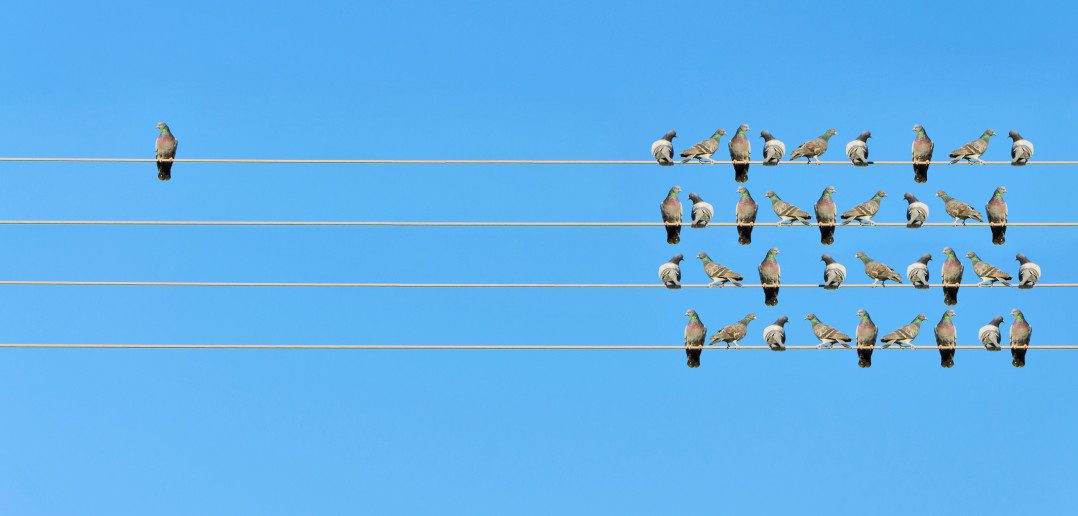One of the biggest challenges in media today is discoverability. Standing out from the crowd has always been a key challenge to crack – particularly when attempting to raise finance and secure partners – but now, because creating and publishing content is easier than ever before, and because there are so many more outlets and choices, getting your IP noticed at every stage of its life – and thus, both reaching audiences and generating funding or profit – is harder than ever.
Therefore, there’s also greater danger than ever that anyone investing in content will want to take fewer risks. This is clearly demonstrated by the remakes, reboots, sequels, prequels and spin-offs swamping original content in cinemas.
If we don’t take risks, we cheat and fail our audiences, and devalue our industry.
Of course everyone asks for and wants to make something different, but all too often what offers the easier path is something that’s ‘the same but different’ (cf. the scores of matching games just like Candy Crush or endless running games like Temple Run or Canabalt). Iteration and variation have a valid place in the media ecosystem, but much of the time it feels like a hollow win: the snake eating its own tail in a boring cul-de-sac in a dead-end town (a dull-de-sac?)
So, how do we break the cycle and avoid a one-way ticket to Dullsville (twinned with Generic Town)?
We need to de-risk being different. Genuine points of difference can be used to attract new, broader, larger and/or more dedicated audiences which all make for a more attractive investment.
Here are some thoughts on how this might be done:
1. Embrace diversity, inclusion and fair representation: The more diverse, inclusive and representative your content is, the more viewers (and customers) you will reach and engage.
2. Scrap the blue/pink, boy/girl categorisation of content and licensing: Evidence screams that boys watch and engage with ‘girl’ shows in significant numbers, and vice versa. So why not put supporting content and products for all children into planning to maximise returns, rather than polarising and therefore limiting audiences?
3. Make your content for somebody rather than everybody: A key lesson from Freemium app metrics is that just 10% of your audience (the ‘whales’) can account for 60% of your revenue. My hunch is that this holds true across genres. So, find a niche where you can reach, nurture and feed your own whales (the obsessive 10%) to maximise your potential returns (and thereby increase investor-appeal).
4. Make being different striking and beautiful; make it your USP: You only have to watch the first ever open-ended preschool show, What’s the big idea (philosophy on CBeebies in the UK) or beautiful educational-eye-candy, Design Ah! (above) in Japan to see that being different can be an art-form and a genuine source of inspiration that can get your audience talking and sharing.
5. Attract audiences by creating content that’s personal, passionate, authentic and relevant: Four key features that research shows draw views, shares and subscribers on YouTube.
Being genuinely different is really hard work but it is the most important thing that we can (and must) do to get our content made and discovered, to survive and thrive as an industry, best serve audiences and inspire others – and we might even change the world for the better along the way too.
Daniel Bays is one of MIPBlog’s pre-MIPCOM/MIPJunior Ambassadors – check out all of their posts here – who are coordinated by consultant Debbie Macdonald.
Top photo: © Getty Images / OgnjenO




